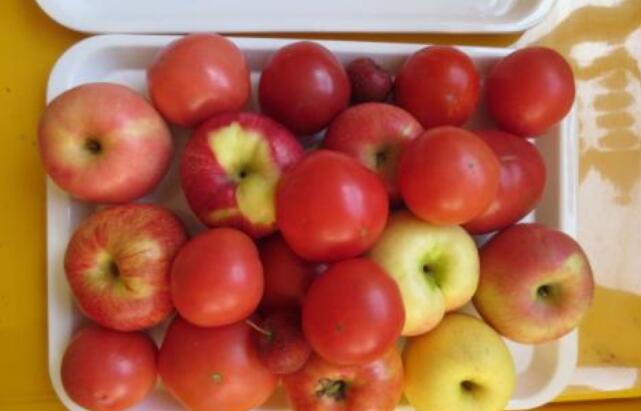Many people usually ask if they are sweet or not when they buy fruit. Indeed, few people like to eat more sour fruits. We will find that most fruits are relatively sweet, such as apples, pears, bananas, peaches, oranges, etc., which contain a lot of sugar. Unsweet fruit only accounts for a small part. Some people think that they become so sweet voluntarily, which is why sweet fruits can be eaten before hybridization and artificial breeding. Can you believe this statement?
In fact, this question reflects the law of survival of plants. In the earliest human society, the planting industry was not developed or even formed. People rely on men to hunt and women to pick fruit to satisfy their hunger. Because the sweeter fruits are more delicious, the fruits have more chances to be carried by people to farther places, so plants will actively cater to humans and try to make their own fruits in order to spread their seeds farther. It’s better.
Later, with the development of society, sweeter fruits have been widely planted, and grafting, optimization, and current hybrid fruit technology have also appeared. Therefore, a large number of sweeter fruits have been passed down from generation to generation, and some unchanging fruits will be eliminated because they are more unpalatable.
Also in order to increase the chances of survival, plants will make their fruits brightly colored so that people can easily find them. Therefore, the fruits that people often eat are basically sweeter ones after the selection. If you go to pick wild fruits, you will find that most of them are not cultivated as sweet. Because there is no human intervention in wild fruits, they are basically the result of themselves or animals and birds helping to reproduce. But you will find that all fruits are basically sour when they are immature. In fact, this is also a self-protection mechanism of plants to avoid the risk of their seeds being eaten before they are mature.






